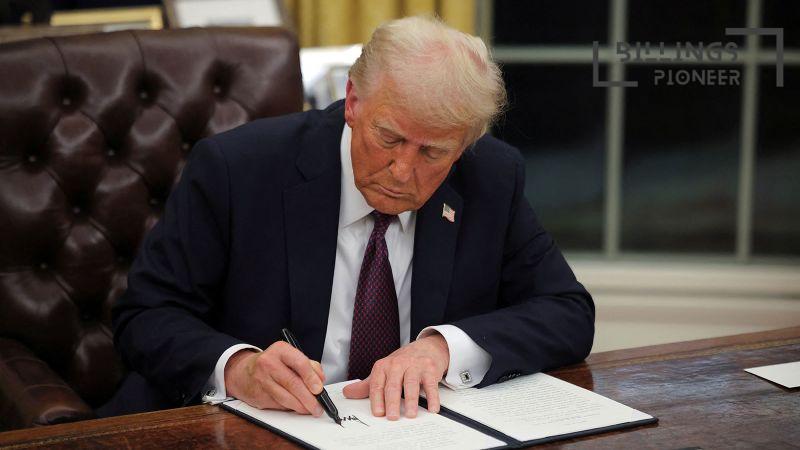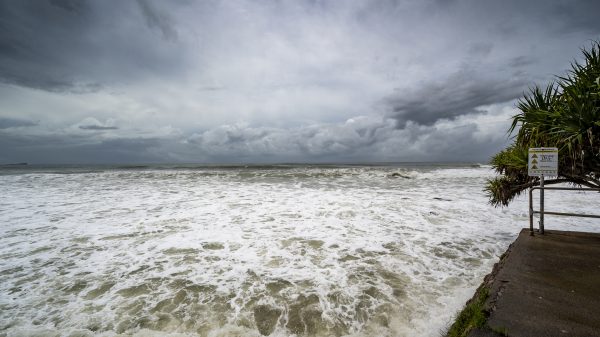In a bold move, President Donald Trump has begun his second term with a series of executive orders that are reshaping the United States’ policies on immigration, trade, and social issues. These sweeping actions, starting from January 20, 2025, reflect the president’s past promises and the priorities that define his vision for America.
Changes in Immigration and Refugee Policy
One of the most significant executive orders impacts immigrants and refugees aiming to enter the United States. President Trump has suspended the U.S. Refugee Admission Program, which means that travel plans for about 10,000 refugees have been canceled. This decision has raised alarms, especially for those whose medical exams or security checks are nearing expiration. The administration stated that this suspension is necessary due to an inability to absorb the high number of refugees into the country.
- The U.S. State Department canceled all scheduled refugee travel to the U.S.
- Special Immigrant Visa holders are exempt from this suspension.
- Refugees currently in the U.S. will continue receiving necessary services.
Border Security and Immigration Enforcement
Another executive order has labeled illegal immigration an “invasion,” allowing for military assistance in border enforcement. Trump is prioritizing building a border wall and increasing cooperation between federal and local law enforcement agencies. This initiative has received mixed opinions from the public; many support stricter immigration control, while others oppose the more aggressive stance on law enforcement.
Trade Policies are Under Review
Trump has also directed reviews of trade relations with countries such as China and Canada under the USMCA agreement. This step might lead to new tariffs on certain imports, which would affect American consumers and businesses. His emphasis on American-made products reflects a desire to protect domestic industries.
Environmental and Energy Policy Changes
Environmental groups are voicing concerns as Trump redefined the U.S. position on climate action by withdrawing from the Paris Agreement. This decision has sparked debate, with many arguing it will negatively impact global climate efforts while supporters say it will help protect U.S. jobs. The president declared a “national energy emergency” and emphasized increasing oil drilling within the country.
A Shift in Civil Rights and Federal Employment
In an extraordinary shift, Trump has issued orders that impact civil rights. The elimination of diversity, equity, and inclusion programs across federal agencies is one such action. Additionally, he’s mandated a two-gender policy on federal documents, raising eyebrows and concerns among LGBTQ+ advocates. Furthermore, a hiring freeze for federal workers has been introduced, with certain exceptions, showcasing a solid change in government employment policies.
The Reaction of the American Public
Public opinion on these executive actions varies widely. While measures like increasing military support at the border are popular, others, such as ending birthright citizenship and harsh penalties for January 6th insurrection participants, are met with public disapproval. Many Americans also disapprove of pardoning those involved in the Capitol riot.
| Policy | Public Opinion |
|---|---|
| Military involvement in border security | Popular |
| Building a wall at the southern border | Popular |
| Ending birthright citizenship | Unpopular |
| Pardons for January 6th participants | Unpopular |
| Withdrawal from the Paris Agreement | Unpopular |
| Ending DEI programs | Mixed |
The whirlwind of executive orders signals a determined effort from President Trump to pursue his agenda without delay. As these policies unfold, their actual impact on American lives will become clearer, igniting discussions across the nation about the direction in which the country is heading.











